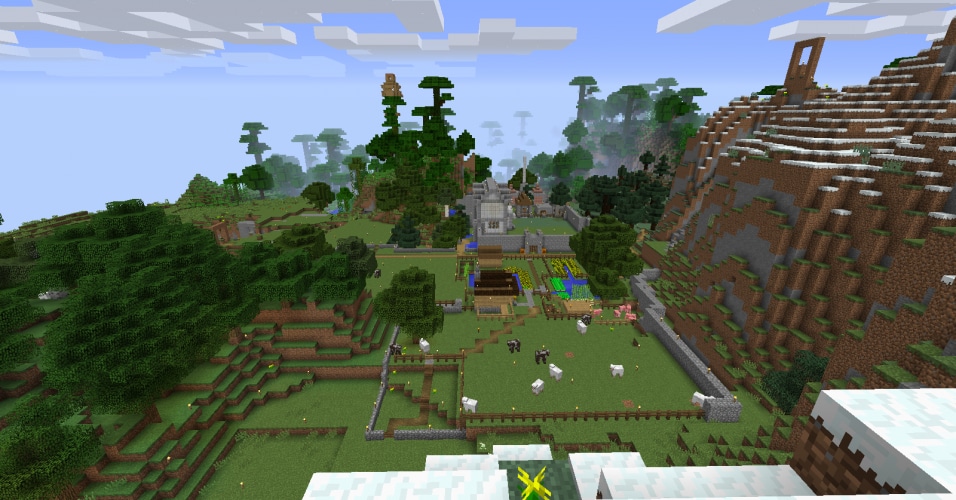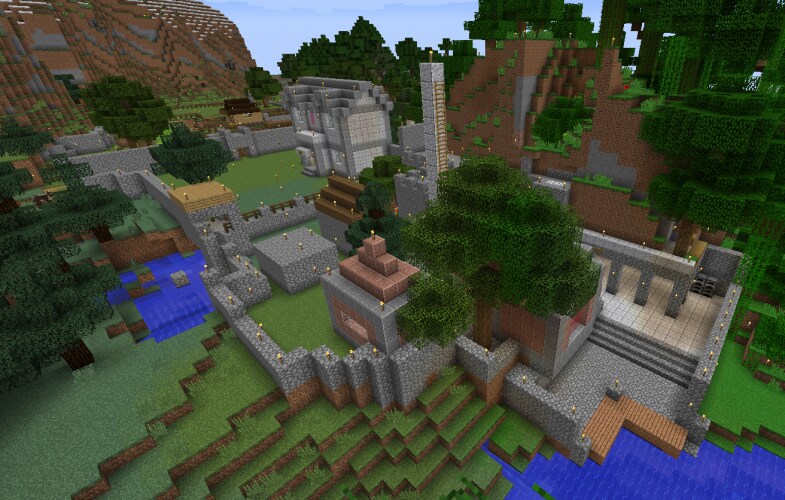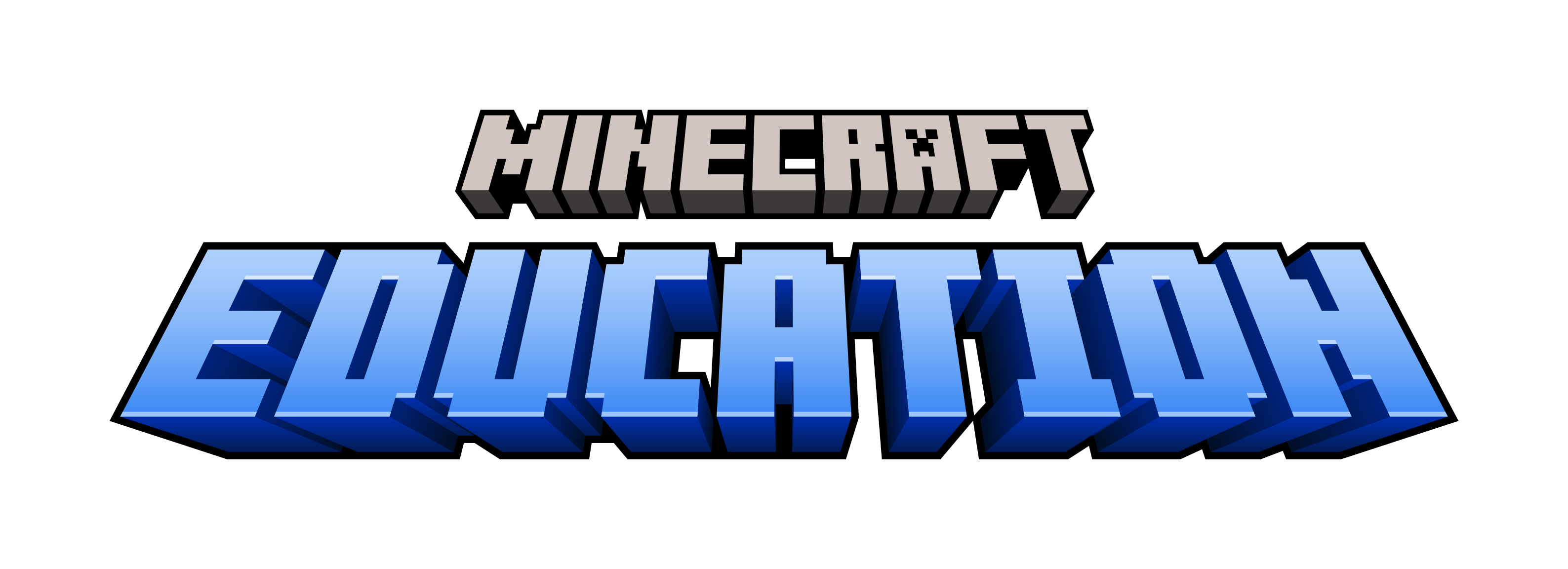Building Cities and Fighting Monsters: Park University’s Minecraft Journey

At Park University in Missouri, Dr. Susan Keim and graduate student Zac Jarrard are part of the Hauptmann School for Public Affairs. Park offers a broad range of undergraduate and graduate public administration classes focusing on communities and government. After launching a pilot using Minecraft: Education Edition in one public administration class, they’re seeing the use of Minecraft spread further throughout the curriculum. Here’s a guest post on this higher education story by Dr. Keim and Zac.
Like most disciplines, the biggest challenge we face teaching public administration is engaging students. Using Minecraft as the learning platform engages online students, enabling students to apply class concepts to the video game. We have found many unique opportunities for our institution and educators who use Minecraft as a tool to help students have fun in the classroom and learn a broad range of skills, including citizenship, leadership, and teamwork.

Initially, we co-created a pilot course using Minecraft: Education Edition to apply course readings and learning to the Minecraft world. Students saw gamers building cities and local government without realizing it! Faculty saw the connection between the public administration curriculum and Minecraft. As a result, our school started using Minecraft: Education Edition as part of an innovation grant which encourages faculty to be pioneers in teaching and learning. This robust teaching platform is cost-effective and easy to use for educators.
We use Minecraft as a simulation for local government. Each week, students read through open education resources and apply what they learn towards building their city. Some of the concepts we cover include city planning, economic development, infrastructure, and civic engagement. Minecraft is currently being integrated into the wider public administration curriculum. Students train the faculty and serve as the technical experts on Minecraft. Throughout the course, a graduate teaching assistant functions as a liaison between students and faculty. Students have fun exploring vast areas, building homes, and collaborating with other people. There is an unintended consequence of intergenerational learning between graduate students and their Generation Z children, which sparks curiosity and innovation for everyone!

Student learning is assessed through graded discussions, group projects, and surveys. Students overwhelmingly enjoy using Minecraft in class. They appreciate being able to learn the complexities of local government through a fun video game simulation. Throughout the class, we heard comments like “I learned more about my city in this 8-week course than I ever knew before” and “The game helped the assignments ‘come to life’ as we progressed through the class, and it was easy to see the real-world applications within our city in Minecraft.” Beyond course work, students playing Minecraft in class learn many skills employers value, such as strategic planning, social intelligence, leadership, communication, and teamwork, and are ready to apply them in the workforce.
If you’re inspired to bring Minecraft: Education Edition into your teaching, get started at education.minecraft.net.


